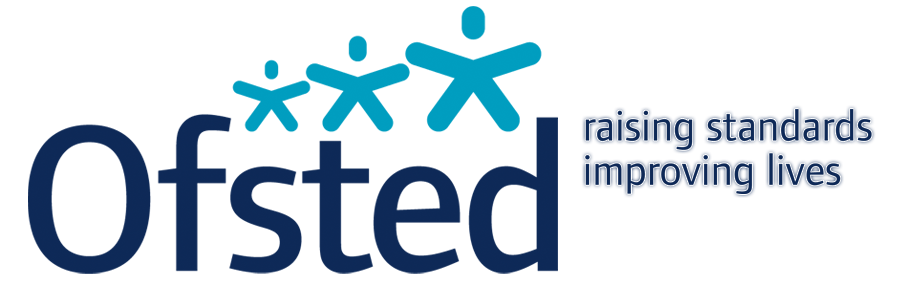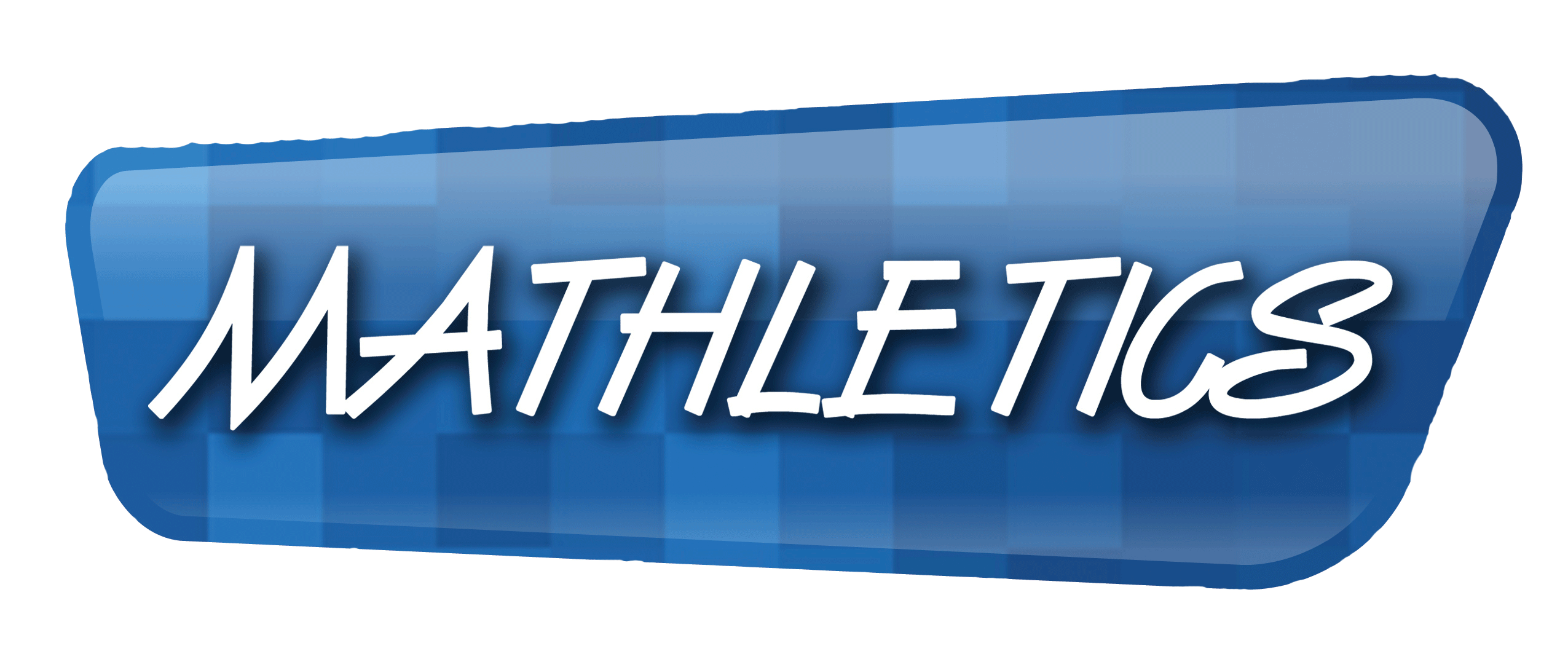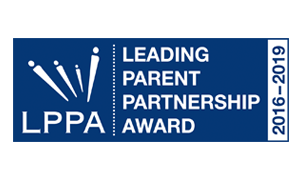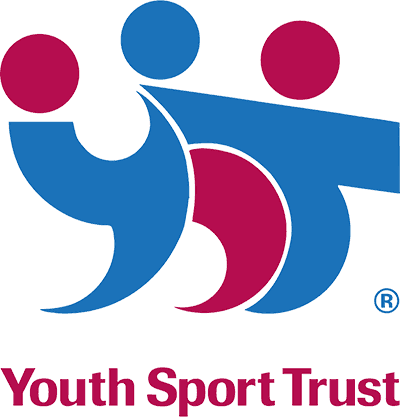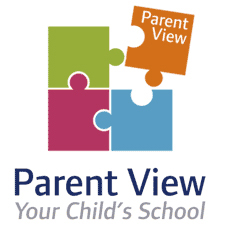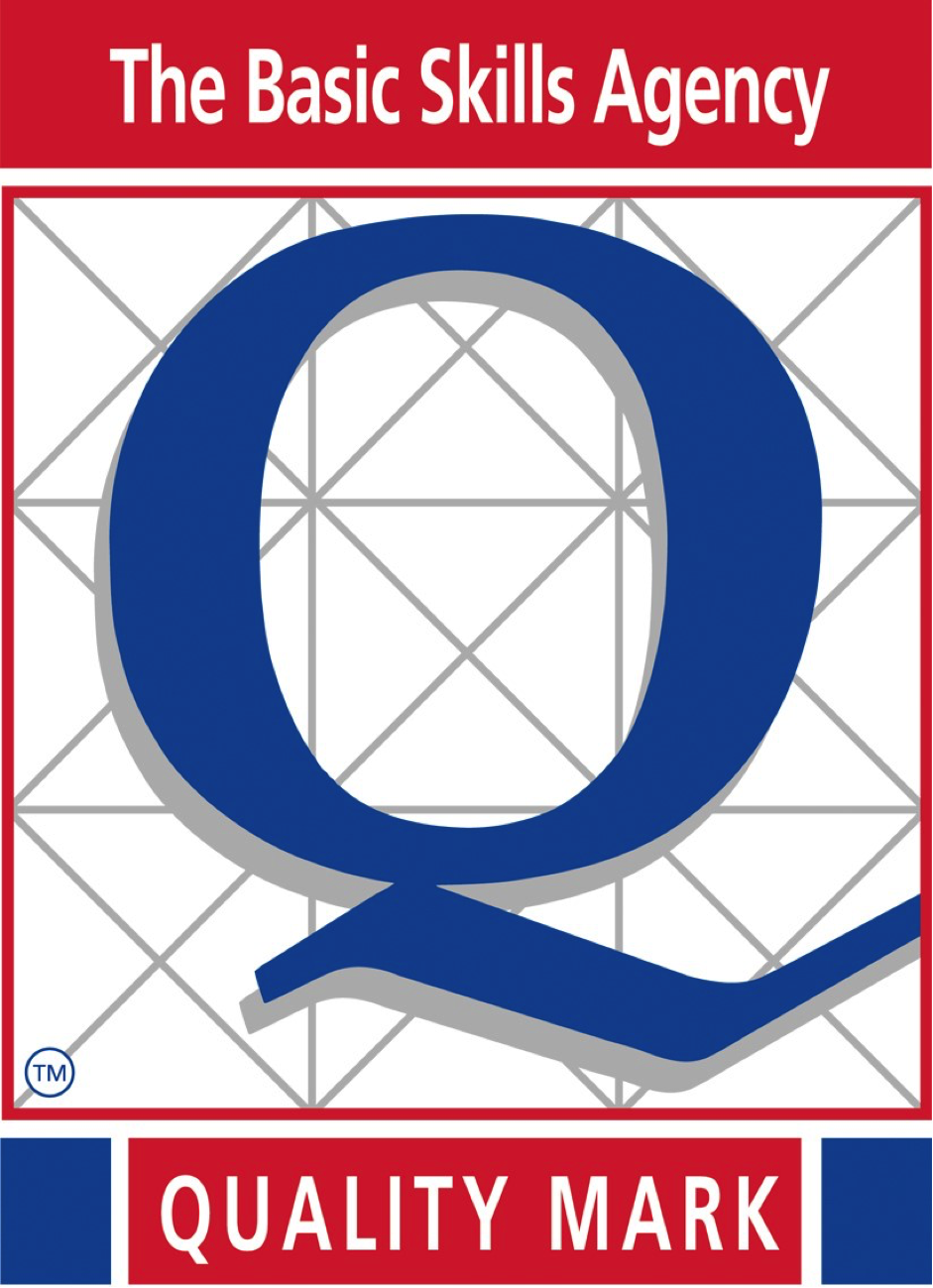SEND Information Report
Key people:
- Leader of Special Education and Disabilities (SENDCo) – Miss J Glindon (B.A hons, M.A, NASENCO)
- Assistant Headteacher, Leader of Pastoral Care and Inclusion – Mrs C Scaife
- Head teacher – Mrs K Barkley (B.A hons)
- SEND Governor – Mrs J Thirkell
- Parent Support Officer – Mrs S Moore
What is a ‘local offer?’
When the Special Educational Needs Code of Practice was published in 2014, all local authorities were requested to publish, in one place, information about all services, provision and support available in their area for children and young people from 0-25 with Special Educational Needs and/or Disabilities (SEND). In addition to this, all schools were requested to share details of their ethos, provision and support for children and young people who do, or may, have SEND. This is known as the ‘local offer.’ To access further information about the Middlesbrough Local Offer, please follow the link below.
https://www.middlesbrough.gov.uk/schools-and-education/special-educational-needs/local-offer
At Viewley Hill Academy, we value each child as an individual and celebrate all achievement. We aim to ensure that all children are able to reach their potential and recognise that some children may need additional support and provision in order to do so. We are a fully inclusive school where all learners are fully involved in every aspect of school life regardless of their gender, race, need or background. We have high expectations for all learners and believe that all children are able to achieve and reach their goals with nurture and support.
This SEND information report aims to detail our ‘school offer’ to children, young people and their families who wish to find out more about what it is like to be a learner with any additional need in our school. For further information, you are welcome to contact the school office or a member of the Inclusion Team who will be happy to assist you. You can contact the school office who will put you in touch with a member of the Inclusion Team on (01642) 591053, or by emailing office@viewleyhill.org.uk
This SEND Information Report is written in compliance with the SEND Code of Practice 0 -25 (Sept. 2014) in September 2024 (reviewed annually.)
What is ‘SEND?’
According the SEND Code of Practice 2014, a child or young person has SEND if they have a learning difficulty or disability which calls for special educational provision to be made for them. This means that a learner finds it more challenging to access the learning, activities and provision than other children their age, and requires something additional or different in order to do so. Every child in our school is unique and there are a wide range of reasons why this may be required. Each individual student with SEND will receive to a carefully planned and personalised approach to learning in addition to high quality teaching.
Whilst each child has their own specific needs. SEND can be categorised into one of four broad areas of need, all of which are supported in our school:
- Cognition and Learning Needs;
- Speech, Language and Communication Needs;
- Social, Emotional and Mental Health Needs;
- Physical and/or Sensory Needs.
You will find a range of key policies which may impact upon our provision for learners with SEND on our school website. These include, but are not limited to:
- Accessibility policy
- Admissions policy
- SEND policy
- Supporting pupils with medical conditions policy.
Who supports children with SEND?
The short answer is everyone! Viewley Hill Academy is a truly inclusive environment and SEND provision underpins everything that we do. All staff in school are advocates for our learners. For individual learners, much of their support will come from their class teacher and teaching team.
Other key members of staff include:
- Mrs C Scaife (Head of Pastoral Care and Inclusion; Assistant Head Teacher)
- Miss J Glindon (Special Education Needs and Disabilities, or ‘SENDCo’)
- Mrs L Dowson (Early Years Leader)
- Mrs S Moore (Parent Support Advisor)
- Mrs K Barkley (Head Teacher)
- Mrs J Thirkell (SEND governor)
- Ms S Minikin (Lingfield Education Trust Lead SENDCo)
How do I know if my child has SEND?
The people who know their children best are always the child’s families and often, when children first join our school, families have a clear understanding of their child’s needs. Children and their families may already be receiving support and advice from services before starting at our school. At other times, families may become aware that their children’s needs are changing and that different support may be required. At Viewley Hill Academy, all staff aim to listen to families and work together in order to identify a child’s needs at the earliest possible point. Sometimes, however, it may be school who first identify that additional support may be needed.
We assess children formally at the end of each term and analyse this data against age related and national expectations. Pupils struggling to meet these expectations are identified as needing extra support. This may be provided via more personally differentiated work, some additional help through a small group intervention, or more adult support in class. For other students, additional needs may be identified through difficulties in wider school life, such as social, communication or physical challenges. In these cases, additional support will be given as with academic needs. Where concerns remain despite this additional support, school discuss this with families and decide upon next steps.
What happens if SEND if identified?
If SEND is identified, families will be fully informed about their child’s specific difficulties and needs and what the academy will put in place to support them. Sometimes, this may involve seeking support from specialist colleagues, such as Educational Psychology, School Health, Early Help, or Child and Adolescent Mental Health. At other times, school may feel that the learner’s needs can be supported without seeking specialist advice.
Viewley Hill Academy has three categories of need for identifying and supporting children who need additional help:
- Cause for concern: When school identifies that a learner is struggling with any aspect of school life compared to their peers, they can note their concerns for the child. This involves making notes on the child’s needs and sharing these concerns with families. Children who have their concerns noted are reviewed termly by the class teacher and SENDCo. The decision is then made to continue to monitor, or to register the child as having SEND. If there is no longer a concern, then the child is removed from monitoring. All decisions are made in partnership with families.
- SEND Support: This is a formal recognition of SEND. A SEND support plan is developed in school with input from both the child and their family, which always starts with the voice of the child. It identifies the learners’ needs, sets out targets that will support the learner to make progress, and the provision and support needed to meet these targets. These are reviewed termly and changes are made when appropriate.
- Education, Health and Care Plan (EHCP): This is highest level of SEND and children and young people with plans are considered the most vulnerable learners. There is formal process of assessment should learners be considered for an EHCP which is a multi-agency process, that includes the child or young person and their family. Where appropriate, services from health and social care may also be involved. An EHCP is a legal entitlement to provision which is initiated, maintained and ceased by the Local Authority, but reviewed and monitored by the school and families at least annually.
How would my child be assessed?
As part of high-quality teaching, our staff are constantly making assessments on a child’s learning and progress. Alongside termly formal assessments, this allows teachers to make a judgement on where a learner is compared to other children their age and the national average based on the National Curriculum. In order to make progress, some children may be accessing learning from a stage of the National Curriculum different to their chronological age. We also recognise that some learners make smaller steps in their learning compared to their peers, and that these should also be celebrated. For these learners, assessments are complete through a system called PIVATS, which breaks down National Curriculum steps into smaller, more achievable steps.
For some children with SEND, specialist assessments may be required to ensure that each learner’s successes and needs are identified accurately. These may include:
- Speech Therapy Assessments – which may focus on sound production, language understanding, or other relevant assessments of your child’s needs;
- Literacy assessment – which may include reading and decoding assessments, copying assessments and recall tasks;
- Education Psychology Assessments – which may include memory, understanding, reasoning, logic, and general skills assessments;
- Occupational Therapy Assessments – which may include motor skills and movement assessments, and how easily a student completes self-care tasks.
What kind of support do you offer?
The answer to this question depends on the needs of the learner. Like all children, learners with SEND are unique and their provision is designed to meet their needs and to make progress. Viewley Hill Academy take pride in having high expectations for all learners and use a variety of techniques to enable children to rise to this challenge:
- A dedicated Head Teacher with significant experience in supporting learners with SEND;
- A wider inclusion team led by the Assistant Head Teacher, with a nationally accredited and experienced SENDCo;
- A whole school team dedicated to supporting vulnerable learners with a focus on inclusion;
- A dedicated and highly-skilled teaching team who work collaboratively with colleagues to ensure the very best provision.
- High levels of adult support to ensure that children with SEND are supported both in lesson time and around the school environment.
- Excellent relationships with families and the wider community to ensure we work together to meet the needs of our children with SEND and that their needs are understood by all;
- A curriculum that is designed to meet the needs of our vulnerable learners and allows adaptations to be made for children with SEND to reach their targets;
- Strong links with external partners, such as LA SEND support teams and our own private professionals, such as our Educational Psychologist.
Some examples of additional provision which could be suitable for a child with SEND could include:
- Individual and small teaching, following dedicated programmes to address specific needs;
- Small group focus work to address shared issues, either within a lesson or as additional sessions;
- Support from specialist colleagues, such Occupational Therapy, Speech and Language and physiotherapy;
- Learning Support Assistant support within class to support with class work, help students to self-regulate, or to implement adapted provision;
- Additional resources to enable better access to the curriculum. This could include seating positions, the use of writing aids, and concentration tools.
- Thorough assessments undertaken by Educational Psychologists in order to pinpoint exact areas of difficulty, that are then addressed;
- ICT resources, such as the use of ipads and laptops to support with recording, and talking tins to support with memory;
- The use of talking therapy, such as Emotional Literacy Support Assistants (ELSA) and CATs therapy;
- Access to outreach support from the SEND team and special schools/bases.
What SEND expertise do you have at Viewley Hill Academy?
The Head Teacher of Viewley Hill Academy is an experienced SEND professional, previously being the Head Teacher of a primary school with enhanced provision for children with Medical Needs and Physical Disabilities. As some students may present with additional needs that may require staff training, we ensure that this is a priority and that good practice is shared across school. The school is supported by an experienced Educational Psychologist who works collaboratively with a child’s teaching team to develop personalised provision.
Our school Assistant Head Teacher leads the wider inclusion team and is a highly experienced teacher and leader, with particular experience in supporting children with Social, Emotional and Mental Health Needs. She is supported by a dedicated Parent Support Advisor who works collaboratively with SEND and Social Care.
The SENDCo in a mainstream school is legally required to gain a National Award for Special Educational Needs Coordination within three years of taking the post. This was gained from the University of Sunderland in 2017. The SENDCo keeps staff updated on any changes concerning SEND and encourages personal development in this field. The Middlesbrough SENDCo network is currently overseen by Discovery Special Academy. The SENDCo attends these meetings, which occur on a half-termly basis, to share good practice and to work collaboratively on issues that schools in Middlesbrough are currently facing. The SENDCo also attends the SEND network meeting on a termly basis within the Lingfield Education Trust. The school’s Early Years leader has particular interest in SEND and has expertise in the identification of needs in our youngest children, and works in partnership with the SENDCo.
What are the types and levels of need of SEND in our school?
Although we are unable to detail the specific needs of our learners with SEND, we can share our experience in supporting children with a wide range of difficulties across the four broad areas of need. We support a range of children registered as SEND support as well as several children with EHCPs. Viewley Hill Academy works closely with speech and language therapy to address communication needs, as well as the neurodevelopment team to provide a calm learning environment for children with autism. Whilst we care and nurture all of our learners with SEND, we also acknowledge that at times, the most vulnerable children may require a specialist setting other than Viewley Hill. In these circumstances, we work in partnership with families and the Local SEND team to secure a place that best suits the learner’s needs.
What kind of progress do learners with SEND make?
Children with SEND in our school largely make at least good progress. Progress for learners with additional needs is not always only academic, and we celebrate progress in all aspects of learning, such as social interaction, confidence and independence. These are just as important as academic success and is often where we get to see the individual character of our learners.
What support is there for Social and Emotional Development?
We are able to offer excellent pastoral support for children with SEND, formed on excellent relationships. Children in our school feel listened to and know that they can talk to anyone. In addition to this, our Head of Pastoral and Inclusion is dedicated to supporting all children with their social and emotional development. We have a trained Emotional Literacy Support Assistant (ELSA) and two Learning Support Assistants who specialise in behaviour. Viewley Hill Academy also has two mental health champions who support both learners and their families. Once a week, we are support by a specialist child therapist from CATs, and work closely with Educational Psychology. Children are regularly asked for the views through group and individual questionnaires, and are represented both in school and within our trust by pupil ambassadors. Student leadership also includes sports buddies and safety squad. We have a robust anti-bullying policy and high levels of adult support during unstructured times, such as playtime.
How are learners involved in planning their provision?
Our learners with SEND are amazing! They show such determination and positivity and make us proud every day. We value the voice of every child in our school and ensure that they are listened to. The first section of all SEND Support Plans and EHCPs is all about the child as a person, as they come first. This is created alongside the learner. When teachers set targets for children, they are discussed with the learner before being finalised, and the learners have the opportunity to suggest changes.
Where additional provision and support is provided in lessons, children are invited to share how things ‘work for them.’ Children are also invited to share their views at Annual Review meetings for EHCPs. When support plans are reviewed, we listen to the extent students feel they have achieved against their targets, and what they would like to do next. At Viewley Hill Academy, we take pride in the strong relationships with have with learners which enable us to have honest and meaningful conversations, in which children know we are listening.
How can families be involved?
The knowledge that families have of our learners cannot be underestimated and we welcome any opportunity to work in partnership with the families of children with SEND. There are termly opportunities talk about your child’s progress at our consultation evenings, however, please do not feel that you need to wait until these are scheduled. You are welcome to call and arrange a meeting with your child’s class teacher to discuss your child’s progress and voice any concerns. You may also wish to discuss this with the school SENDCo.
We welcome any feedback or suggestions to children’s SEND support plans, which are reviewed termly. Should your child have an EHCP, or is undergoing assessment, you will be involved in the development of the plan at each stage. Families are also expected to attend the annual review of these plans.
School are always keen to share events and training sessions for families of children with SEND, which are often ran by the local SEND team or by specialist colleagues. School does this via email, letter, or on our Facebook page. Middlesbrough’s Local Offer also has many opportunities for families to get involved. Where appropriate, school may direct staff to relevant services within the Local Offer.
Questionnaires are shared with families at least annually and always include at least one section about SEND in school. We encourage families to respond honestly and we reflect on all comments made, including what we can do to improve provision.
When school are seeking advice from specialist colleagues, there is often the opportunity for families to liaise with the service. School will always discuss verbally and seek consent (written when required) when professionals from outside our school are working with children and young people.
Do children with SEND sit statutory tests, such as SATs?
Again, this question is specific to each child’s individual needs. As a school, we aim for all children, regardless of need, to take part in national assessments as it allows them to be fully part of school life. With the right support and provision, we find that the vast majority of children with SEND are able to take part these tests. We can also support children to sit the Year 1 phonics screening, Year 4 National Tables Test or Year 6 SATs by providing access arrangements. These may include extra time, a scribe, or an enlarged text. However, for students with the most complex needs, it may be decided that sitting the test is not in the best interest of the child. This decision would always be made in partnership with families, and for these learners, assessments will be made based on the learning completed in school.
How is additional support funded?
With so much additional provision and resources, it is right that families have questions about this. Nationally, each setting receives its school budget in September, and as part of this budget there is a ‘notional’ SEND amount. This notional amount is used to support each child with SEND up to the cost of £6000. For children with the greatest need, schools can apply for High Needs Funding from the local SEND team in order to provide appropriate provision. These child will often, but not always, have an EHCP.
In order to access these funds, the school requests the Local Authority to review what support is required – and how much above the school contribution is required to meet the needs of the child – detailing the provision the child is receiving and at what cost to the school.
Children in receipt of an EHCP may be allocated additional funds as part of the plan. The use of these funds is discussed at the initiation of the plan, and during the review meetings to ensure best value is achieved. This is known as a Personal Budget and is negotiated between a child or young person’s family and the local SEND team.
How accessible is the school?
Viewley Hill Academy is in the heart of Hemlington, Middlesbrough, and can be easily accessed both from the road and the pedestrian entrance. Our school consists of two buildings with a wide courtyard separating the two, where learners can sit in the summer. All of our school is on one level. Ramps can be provided for wheelchair access when needed and all parts of the school environment is clearly signposted.
Special Education, by its nature, is often paperwork heavy. Please do not hesitate to contact us if you require any support in completing, reading or understanding any paperwork relating to your child’s needs.
What happens during transitions?
At Viewley Hill, we understand that moving between phases of education can be particularly challenging for children with SEND. When moving year group or key stage within the academy, conversations take place between the two teachers and important information pertaining to children’s needs is passed on. All information surrounding a child’s SEND needs is stored securely, which can then be accessed by teaching staff as needed.
Children may change schools for a variety of reasons, and will also transition to secondary school at the end of Year 6. When children join our school, we work in partnership with their previous setting to ensure we have all information and paperwork pertaining to the learner’s needs, and follow advice surrounding provision. Should children leave our school to attend a different mainstream or specialist setting, the SENDCo liaises with staff in the new setting to clarify needs and provision. Schools are required to keep information relating to children and young people with SEND for 25 years, therefore, Viewley Hill Academy employs a robust system to ensure that sensitive information is passed on securely to the receiving setting.
When moving from primary to secondary school, meetings are arranged with the primary and secondary SENDCos to ensure a smooth transition. The Year 6 teaching team will also be involved in this discussion. For the most vulnerable children, plans for transition begin early in the school year, and settings are contacted soon after National Offer Day. Some secondary schools offer an extended transition period for children with SEND, which is facilitated by the SENDCo. Children with EHCPs have an annual review at the end of Year 5 so that particularly attention is paid to their needs in the following transition year, and to discuss the most appropriate setting. This would usually be one of the following:
- Mainstream secondary school,
- Mainstream secondary school with support
- A specialist base within a mainstream secondary school
- A special education school.
In some exceptional cases, children may be offered a placement from outside the Middlesbrough area, if it is felt that the setting best met the student’s needs. SEND case officers are expected to attend annual reviews for children in Year 5, and should the decision be made to continue with EHCP support, a ‘phase change’ EHCP will be issued.
Do children with SEND have the same opportunities as children without SEND?
The answer to this question is a big yes! Children with SEND are an integral part of our school community and are given the same opportunities as their peers. Having special needs should not be a barrier to accessing the full curriculum and experiencing school life to the full. Teaching staff are skilled at designing activities that meet the needs of all children and making adaptations where necessary. Children with SEND are represented on all of our student leadership bodies and regularly share their views on their SEND support plans, through questionnaires, and in discussions with staff. During educational visits, including residentials, reasonable adjustments are made to ensure that learners with SEND are not at any disadvantage compared to their peers, and that they have the same opportunities and experiences. Special attention is paid to SEND needs on any risk assessments completed as our topmost priority is the safety of our learners. When planning education visits, group leaders work in partnership with facilitators to ensure they are aware of children with additional needs. Children with SEND regularly represent our school through a range of events, such as choir and sports competitions, including those specifically designed for learners with additional needs. We are prepared to seek advice, resources, equipment and training when needed in order to provide equal opportunities for our learners.
How do you support children with SEND who are part of other vulnerable groups?
Children with SEND who are ‘Looked After’ by the Local Authority (in care) are monitored and supported by the Deputy Head teacher, Mrs Gardiner, who is the school’s Designated Teacher for Looked After Children. Provision, additional resources and teaching, and outcomes are reassessed regularly to ensure that these vulnerable children are both happy and making good progress. Children who struggle with their learning due to speaking English as an additional language are not considered SEND unless another need is identified. Children with SEND who speak English as an additional language are entitled to the same robust provision as all other children with SEND, and may also be supported by the local authority EMAT team (Ethnic Minority Achievement Team).
How do you know if things are going well?
Our teaching staff are constantly assessing and reflecting upon the needs of our learners and this is no different for students with SEND. At Viewley Hill Academy, we use an assess, plan, do, review model which allows us to see how well children with additional needs are progressing both academically and socially. Our staff have an open door policy and discussions on what is working well happen regularly. The Inclusion Team also makes time to walk school on a regular basis, to talk to children with SEND, and to share their learning books.
At Viewley Hill Academy, we continually evaluate in order to improve. We invite external evaluators from the Trust to review our provision and formally consult children and parents with regard to their experiences of SEND provision. Middlesbrough SEND team also carry our formal SEND reviews around every three years which evaluates the effectiveness of SEND provision across school. When schools are inspected by Ofsted, there is special attention paid to the provision and progress of the most vulnerable learners. Our school is rightly proud of our ‘Good’ Ofsted rating, where inspectors noted that “pupils with special educational needs and/or disabilities (SEND) benefit from the well structured curriculum. Leaders provide excellent support to meet the needs of pupils with SEND. Leaders have the same high aspirations for all pupils.” (Viewley Hill Ofsted inspection report, June 2022)
As well as evaluating the provision children receive from our setting, we also closely monitor support delivered by specialist services to make sure it continues to be the correct pathway or provision for that child. The Inclusion Team are in regular contact with specialist colleagues to discuss and plan what a child needs.
Who do I talk with if I have a compliment or complaint?
If you are satisfied with the provision your child is receiving, please do tell us! We love hearing what is working well for our learners and it helps us to evaluate the support we offer.
We sincerely hope that families feel that their child is receiving the appropriate provision and support, but also understand that occasionally things go wrong. Should families be unhappy with any aspect of SEND provision for their child at Viewley Hill Academy, we encourage them to discuss their concerns with the school. This will be with the child’s class teacher in the first instance. If this does not resolve the problem or allay concern, the problem should be brought to a member of the Inclusion Team, who will, where necessary, bring concerns to the attention of the Head Teacher. In the unlikely event of this not resolving the issue, families should make a formal complaint using the Viewley Hill Academy Complaints Procedure.
Should families by dissatisfied with any aspect of SEND provision made by external colleagues, families should contact Middlesbrough Special Needs and Disabilities Information, Advice and Support service (SENDIASS) who offer free, impartial advice and advocacy for children and young people with SEND and their families. SENDIASS can be contacted via telephone (01642) 310806 or email southteessendiass@barnardos.org.uk
Where can I find more information?
You can contact your child’s class teacher, Miss Glindon, the school SENDCo, or Mrs Scaife, Head of Pastoral Care and Inclusion, by calling the school office on (01642) 591053, or by emailing the school office at office@viewleyhill.org.uk
This document can be downloaded by clicking here.




